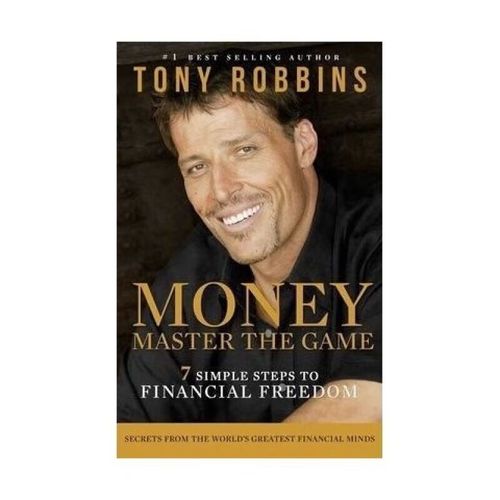7 Steps to Money Master the Game
Are you tired of feeling like you’re just treading water when it comes to managing your finances? Do you wish you could take control of your money and start building wealth? If so, you’re not alone. Many people struggle with money management, but with the right approach, you can master the game. Here are seven steps to help you get started.
Step 1: Assess Your Financial Situation
The first step in mastering your finances is to take a hard look at where you are right now. This means gathering all your financial information, including your income, expenses, debts, and savings. You can use a simple spreadsheet or a budgeting app to help you organize this information. Once you have a clear picture of your financial situation, you can start to make informed decisions about how to improve it.

| Category | Amount |
|---|---|
| Income | $5,000 |
| Expenses | $4,200 |
| Debt | $10,000 |
| Savings | $500 |
Step 2: Set Clear Financial Goals
Once you have a clear understanding of your financial situation, it’s time to set some goals. These goals should be specific, measurable, achievable, relevant, and time-bound (SMART). For example, you might set a goal to save $1,000 for an emergency fund within the next six months or to pay off a credit card debt within a year.
Setting goals will give you direction and motivation. It will also help you prioritize your spending and savings, ensuring that you’re working towards something meaningful.
Step 3: Create a Budget
A budget is a plan for your money. It helps you track your income and expenses, ensuring that you’re not overspending and that you’re saving enough to meet your goals. To create a budget, start by listing all your income sources and then subtract your essential expenses, such as rent, utilities, and groceries. The remaining amount is what you can allocate to savings and discretionary spending.
Remember to review your budget regularly to ensure that it’s still aligned with your goals and adjust as needed.

Step 4: Build an Emergency Fund
An emergency fund is a savings account that you can tap into if you experience an unexpected expense, such as a medical emergency or job loss. Financial experts recommend having at least three to six months’ worth of living expenses in your emergency fund. This will help you avoid going into debt during tough times.
Start by setting aside a small amount each month until you reach your emergency fund goal. You can also consider automating this process to make it easier to save consistently.
Step 5: Pay Off High-Interest Debt
High-interest debt, such as credit card debt, can be a significant drain on your finances. To master the game, it’s crucial to pay off high-interest debt as quickly as possible. One strategy is to use the debt snowball method, which involves paying off the smallest debt first while making minimum payments on the others. As each debt is paid off, you can use the freed-up funds to pay off the next smallest debt.
Another option is to consolidate your high-interest debts into a single loan with a lower interest rate, making it easier to manage and pay off.
Step 6: Invest Wisely
Once you have your emergency fund and high-interest debt under control, it’s time to start investing. Investing is a powerful tool that can help you grow your wealth over time. There are many different investment options available, including stocks, bonds, mutual funds, and real estate. To choose the right investments for you, consider your risk tolerance, investment horizon, and financial goals.
It’s also important to diversify your investments to reduce risk. This means investing in a mix of assets that perform differently under various market conditions.
Step 7: Stay Committed and Educate Yourself
Mastering the game of money is a lifelong journey. To stay on track, it’s essential to stay committed to your financial goals and continue educating yourself about money management and investing. Read books,
